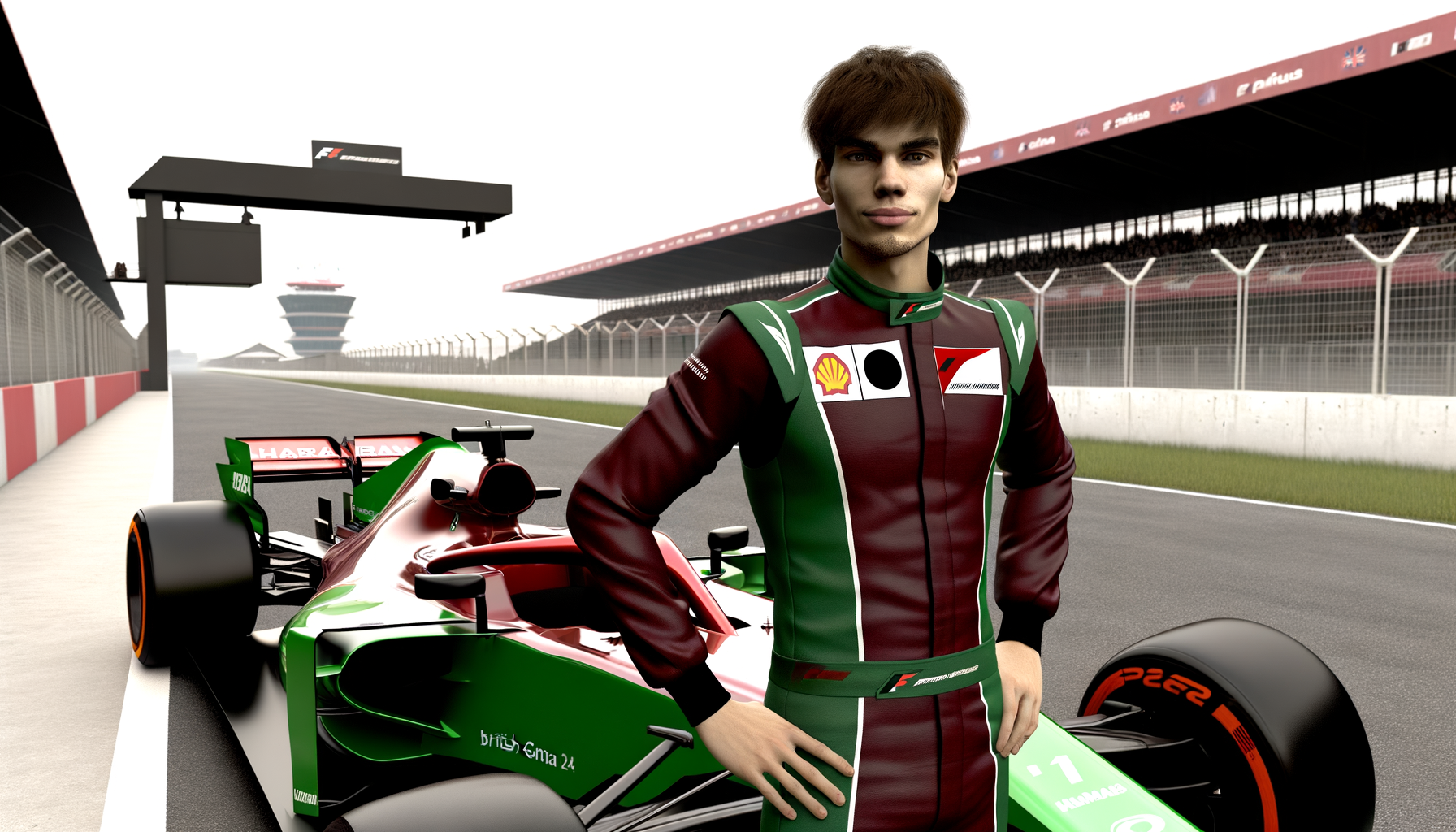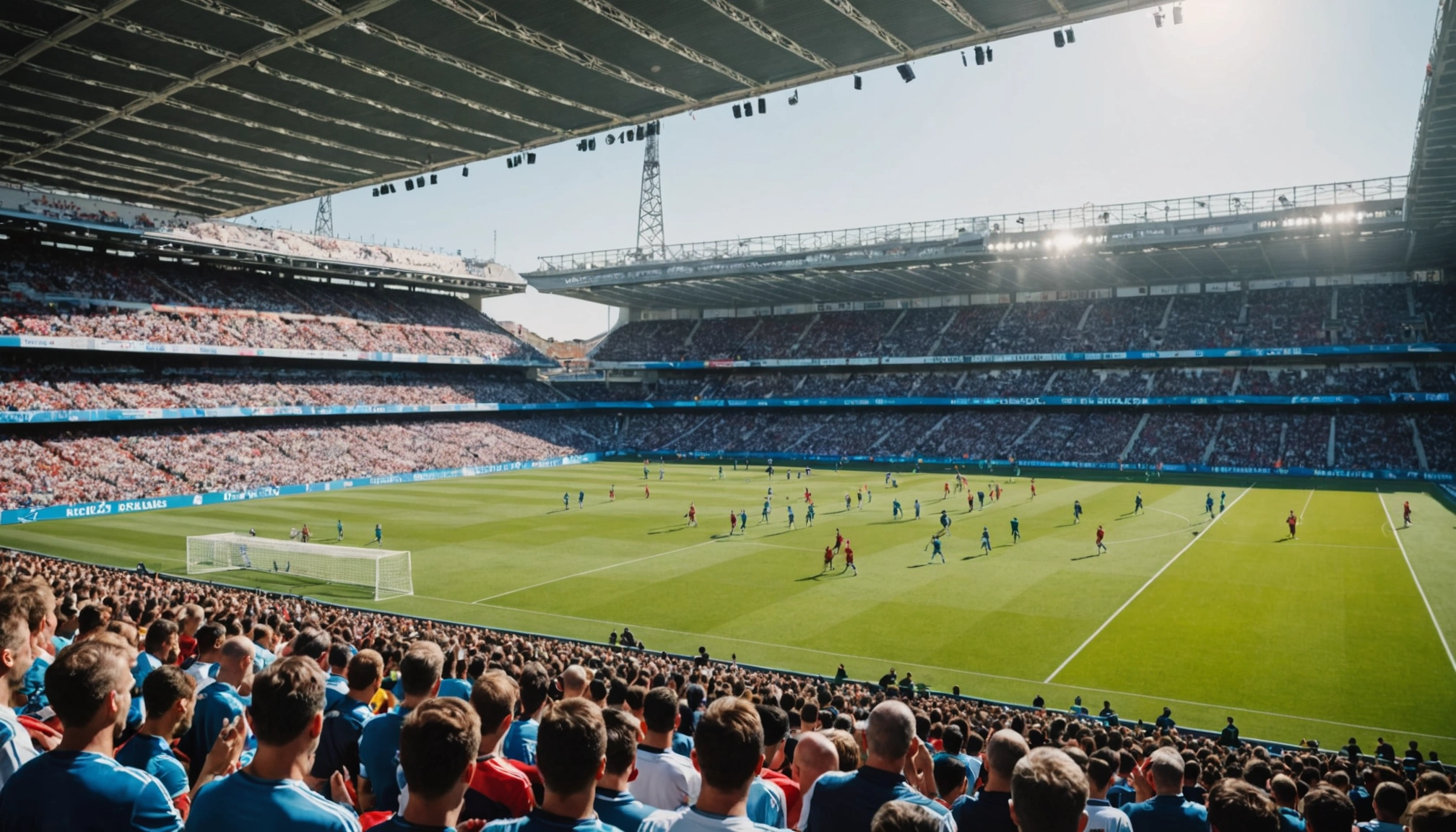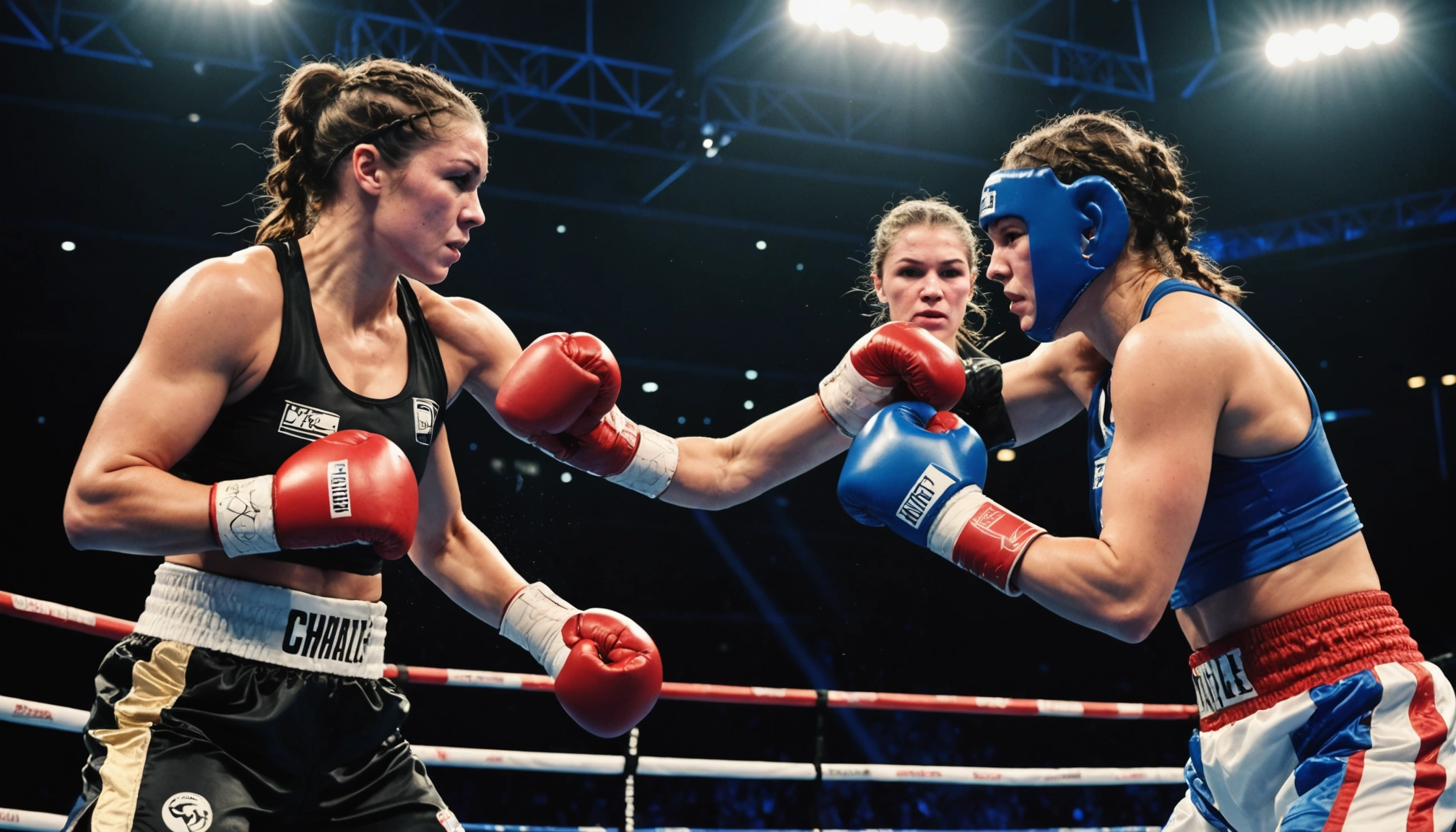Lance Stroll Faces Online Hate With Resilience and Focus
Aston Martin's Lance Stroll addresses online hate, calling it 'just noise' while focusing on his Formula 1 ambitions. Discover how resilience shapes his journey.

By Editorial
Lance Stroll's stance against online hate
In the high-octane world of Formula 1, drivers face intense scrutiny both on and off the track. Aston Martin's Lance Stroll has recently opened up about the online hate he endures, describing it as "just noise". This mindset not only highlights his resilience but also offers a blueprint for athletes navigating digital criticism in modern sports.
The impact of online hate on professional athletes
Online abuse is an unfortunate reality for many sports personalities today. For Lance Stroll, the barrage of negative comments can be distracting, yet he chooses to dismiss them rather than let them affect his performance. Studies show that athletes who cultivate mental toughness tend to perform better under pressure, which is essential in a sport where split-second decisions can determine race outcomes.
How Lance Stroll maintains focus amid negativity
Stroll’s approach centres on focusing on what he can control: his preparation, fitness, and race strategy. By treating online hate as mere background noise, he protects his mental well-being. This attitude mirrors champion drivers like Max Verstappen, who recently secured his first 2025 F1 win at the Japanese Grand Prix, demonstrating how mental strength translates into success on track.
The role of social media in shaping athlete reputations
Social media platforms have become double-edged swords for athletes. While they offer direct fan engagement, they also expose athletes to unchecked criticism. Lance Stroll’s public dismissal of online hate highlights a growing trend among sports figures to take control of their narrative. This is evident across sports, from football managers like Pav Singh, who made history as the highest-ranked British South Asian manager, to snooker stars like Xiao Guodong, who triumph in high-pressure settings despite public scrutiny.
Examples of resilience across sports
- Pav Singh: Overcame cultural barriers in football management, emphasising focus and professionalism.
- Xiao Guodong: Demonstrated mental fortitude by retaining his Wuhan Open title against tough competition.
- Max Verstappen: Maintained composure to clinch wins despite intense media and fan attention.
Why mental resilience is crucial in Formula 1
Formula 1 is as much a psychological battle as a physical one. Drivers must handle immense pressure, split-second decisions, and the unpredictability of racing conditions. Lance Stroll’s attitude towards online hate exemplifies the mental discipline needed to thrive. Research indicates that athletes who effectively manage stress exhibit improved concentration and performance, essential traits for competing at the highest level.
Training the mind as much as the body
Teams increasingly invest in sports psychologists and mental coaching to equip drivers with coping mechanisms. Aston Martin’s support system likely includes such resources, helping Stroll and his teammates maintain peak focus. This holistic approach is becoming standard in top-tier sports, recognising that mental health directly influences results.
How fans and the media can support athletes better
While criticism can sometimes motivate, unchecked online hate often harms athletes’ mental health. Fans and media outlets have a responsibility to foster respectful dialogue. Positive engagement not only benefits athletes like Lance Stroll but elevates the sport’s overall environment. For those interested in broader sporting stories, articles like Pav Singh’s managerial breakthrough and Verstappen’s recent F1 victory provide inspiring examples of perseverance.
Conclusion: Turning noise into motivation
Lance Stroll’s rejection of online hate as "just noise" is a powerful reminder of the importance of mental resilience in elite sports. His focus on performance over negativity serves as a model for athletes and fans alike. As digital platforms continue to shape sports narratives, understanding and supporting the mental health of athletes becomes crucial. By doing so, the community ensures that talent and determination, rather than online vitriol, define sporting legacies.
Related topics
Editorial
Sports expert at SportsScoop
Specialist in sports analysis and journalism
Related articles
Want to read more?
Explore our comprehensive collection of sports articles and analysis, or contact us for more information.



